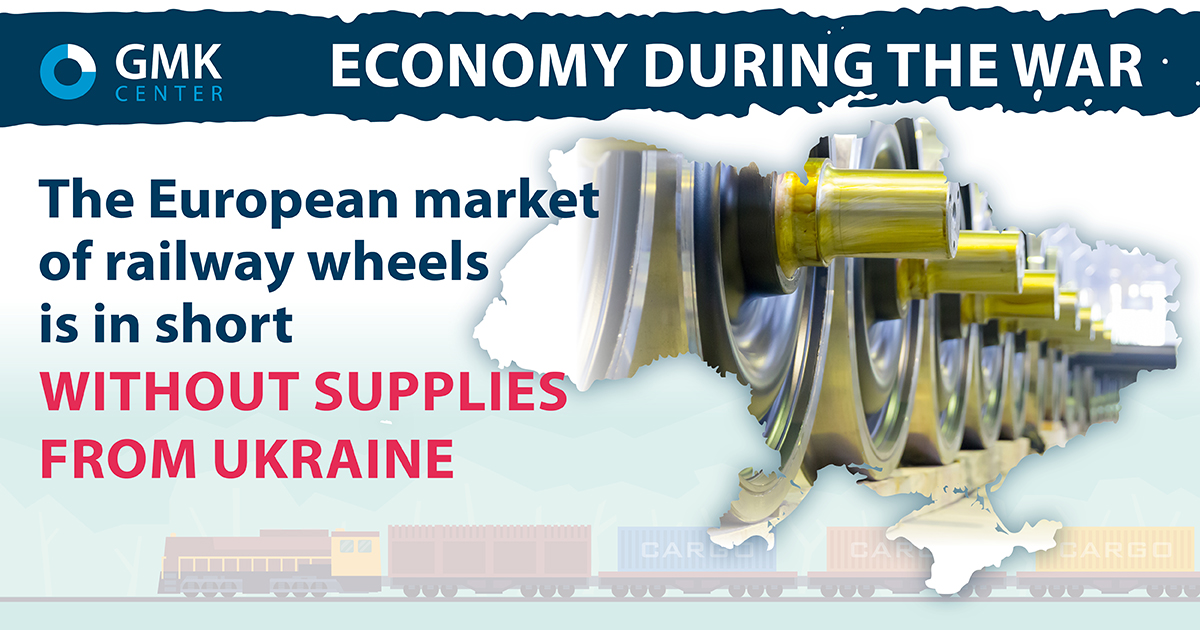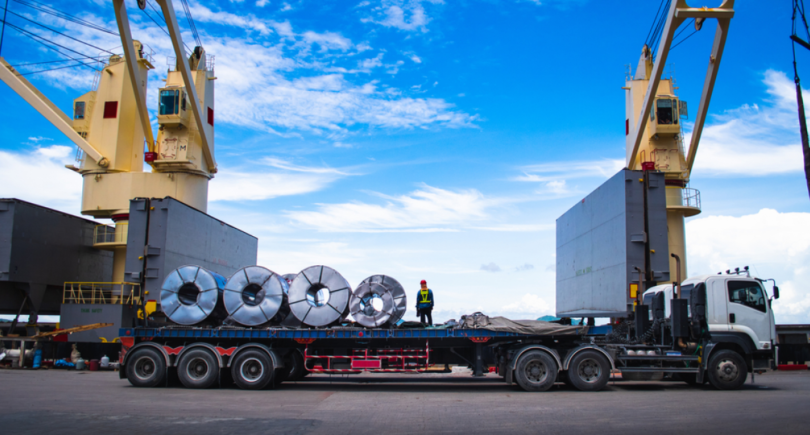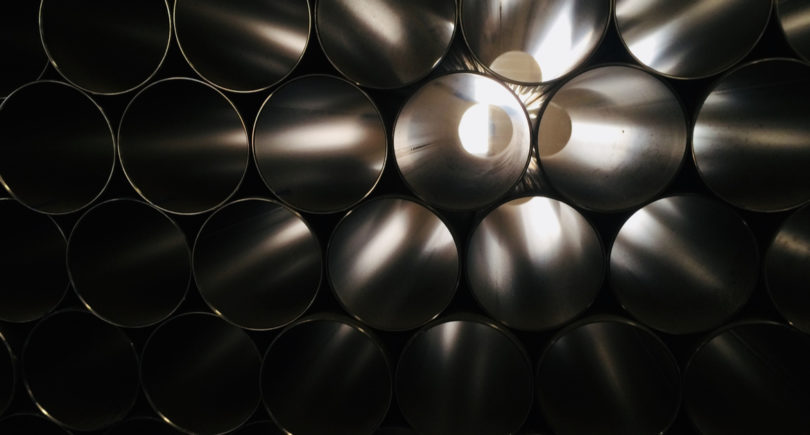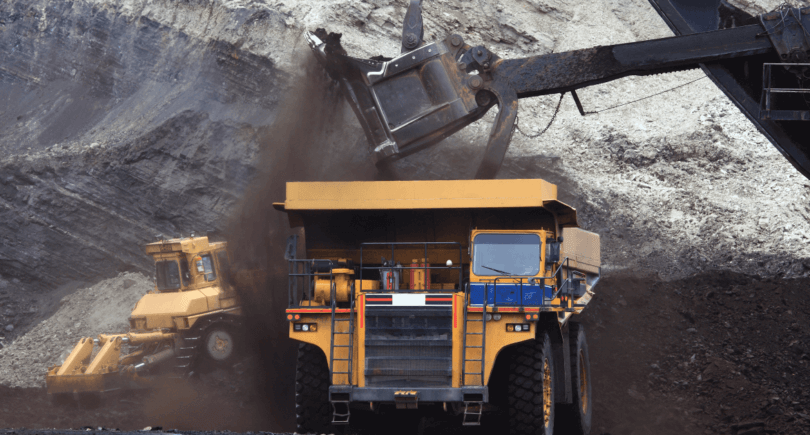
News Global Market russian agression 2188 07 April 2022
Ukraine provided up to 70% in EU freight railcars wheels market
The war in Ukraine has jeopardized the market for railway wheels and wheelsets in the EU, which are the main part of the chassis of railcars in their manufacture and repair.
About 50% of the market in EU is covered by imports. To a greater extent, this applies to wheels for freight railcars. The share of Ukraine is up to 70% in this segment. In the segment of passenger cars, European plants can supply the market themselves.
The Ukrainian industrial company Interpipe is the only manufacturer of railway wheels in Ukraine and one of the largest exporters in the world. Today, Interpipe doesn`t produce steel due to disruptions in transport and lack of personnel. The production chain of railway wheels in Ukraine was broken.
Since Interpipe is the EU market leader in the freight railcars segment, the lack of supply introduces a serious imbalance on the market. Supply of railway wheels is highly concentrated. There are about 20 factories worldwide. Other suppliers are unable to fill this gap in the supply.
China is also a major supplier of railway wheels to the EU. But Chinese manufacturers offer cast wheels for export. In some countries, the use of cast wheels is prohibited for safety reasons. Another disadvantage is that in Europe there is a high demand for wheelsets, which is the next production stage after wheels manufacturing, and Chinese suppliers do not offer that type of product.
The Turkish Kardemir has just started to enter the EU market and is undergoing lengthy certification procedures.
Only Russian suppliers have reserves to cover the shortage of wheels in the EU. However, there is a dilemma of values here. It was the Russian invasion of Ukraine that created opportunities for Russian companies. Ukraine calls at all levels to stop buying Russian products.
In the short term, the demand for wheels in EU will be difficult to close. Rising prices will reduce the ability to produce and repair railcars. Railway development projects have been central to the green energy transition of the transport sector in EU. So this is another blow to the EU’s green deal.
Read more in the analyst study GMK Center.




